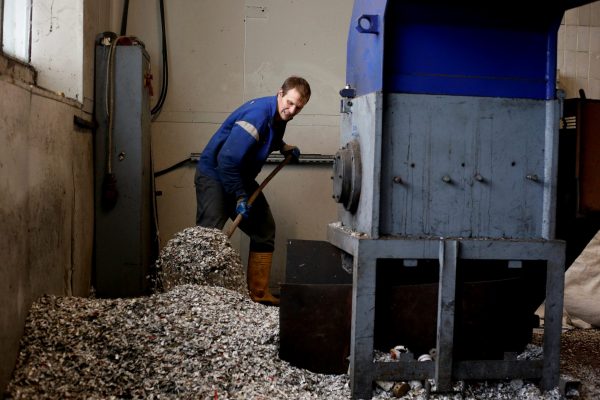Bouazizi was not poor — in fact, he gave to the poor in his town. He supported a younger sister, hoping she would finish secondary school and attend university. But the police regularly harassed him, whether for a bribe or for the permit he allegedly needed to sell produce from his vegetable cart in the open market. The day he took his own life, the police had destroyed his cart and seized his electronic scale and the produce he had bought the day before on credit.
These actions deprived Bouazizi of the assets on which his and his family’s livelihood depended. His protest was apparently a reaction to an acute sense of injustice that stemmed from living in a system in which state institutions brought predation rather than protection for people struggling day to day to earn a living.
Like Bouazizi, strugglers have fallen between the cracks in development. They are a forgotten majority: the new poor of the 21st century. They comprise about 60 per cent of people living in developing countries today and are likely to still comprise about 60 per cent in 2030. They are heavily concentrated in middle-income countries, including upper- and lower-middle-income countries (using World Bank country classifications).
Most strugglers have had a primary education or more. Most are also probably informal workers in peri-urban and urban areas who work without the regular paystubs that provide a sense of security to workers in the formal sector. Except in Latin America, they benefit little from public pension and health insurance programs. In many developing countries, they are net payers to tax systems, unlike the traditional poor who are more likely to receive cash transfers.
As a group, strugglers have benefited more from growth since 1990 than any other income group. Perhaps as a result, they probably have high expectations for a better future for themselves and their children. Like Bouazizi, who had hoped to see his sister enter university, many have middle-class aspirations — if not for themselves, for their children. They strive as well as struggle.
But strugglers live anxious, stressful lives. A health crisis for a family member, a sudden increase in bus fares, the loss of their minimal ‘capital’ to thievery or a local weather disaster can all mean a choice between paying the monthly rent or feeding their children adequate protein.
What are the implications of strugglers for students of development? One implication relates to good governance and accountable states. Strugglers, unlike members of the secure middle class, have little capacity to pay taxes and hold their governments accountable. But the middle class remains small in most developing countries — between 5 and 50 per cent almost everywhere. Most developing countries are ‘struggler’ states.
Another implication relates to productivity and adequate livelihoods. What can governments do to increase the productivity (and in turn earnings) of the billions of struggling people — including children — who are informal workers? How much public money should go to upgrading skills of ‘street’ workers? To setting up and licensing organised markets? To organising and accrediting cooperatives? Would increased provision of tax-funded social insurance help, or encourage avoiding the tax burden that formal employment implies? Beyond provision of credit and training, would police protection and reform of local court systems make counterparts of Bouazizi better able to expand their small businesses?
For development advocates and thinkers, strugglers are best thought of as this century’s new poor. As is the case with the slower-evolving prospect of job-stealing robots and artificial intelligence in rich and poor countries alike, the challenge of moving strugglers beyond precarity to middle-class security in the developing world is new and in many ways more urgent for far more of the world’s people.
Nancy Birdsall is president emeritus and a senior fellow at the Center for Global Development in Washington, DC.
A version of this article, including sources, was first published here at the Center for Global Development blog.

